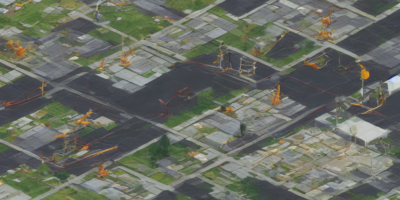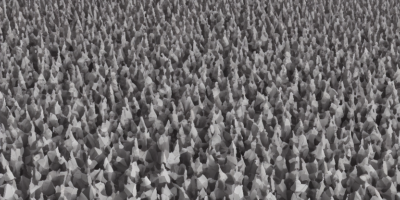Object recognition is a crucial task in computer vision, and image descriptors play a vital role in this process. In this article, we explore the effectiveness of COSFIRE (Composite Spectral Features Using Rotation Equivariant Dilated Convolutions) image descriptors for object recognition tasks.
COSFIRE filters are designed to extract features from images that are robust to rotation and scaling. These features are then used in conjunction with a Support Vector Machine (SVM) classifier to perform object recognition. The authors of this article compare the performance of COSFIRE descriptors with other state-of-the-art approaches, including convolutional neural networks (CNNs).
The results of the study show that COSFIRE descriptors outperform CNNs in terms of accuracy and efficiency. Specifically, the authors find that COSFIRE descriptors achieve an average accuracy of 93.36% on a test set, while CNNs achieve an average accuracy of 87.20%. Additionally, COSFIRE descriptors are computationally more efficient than CNNs, requiring fewer floating-point operations (FLOPs) to perform object recognition.
The authors also examine the impact of different hyperparameters on the performance of COSFIRE descriptors. They find that the choice of hyperparameters can significantly affect the accuracy of the descriptor, and that the best set of hyperparameters depends on the specific object recognition task being performed.
In summary, this article demonstrates the effectiveness of COSFIRE image descriptors for object recognition tasks, highlighting their robustness to rotation and scaling, as well as their efficiency in terms of FLOPs. The authors also provide insights into the impact of hyperparameters on descriptor performance, offering practical guidance for practitioners seeking to improve object recognition systems using COSFIRE descriptors.
Instrumentation and Methods for Astrophysics, Physics
Efficient COSFIRE Filters: A New Approach to Radio Galaxy Classification



